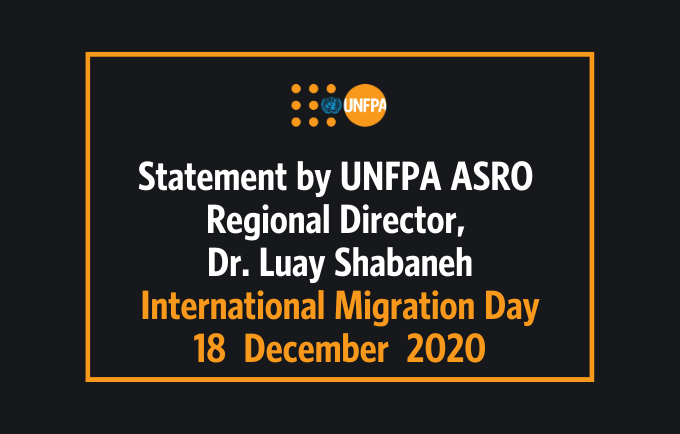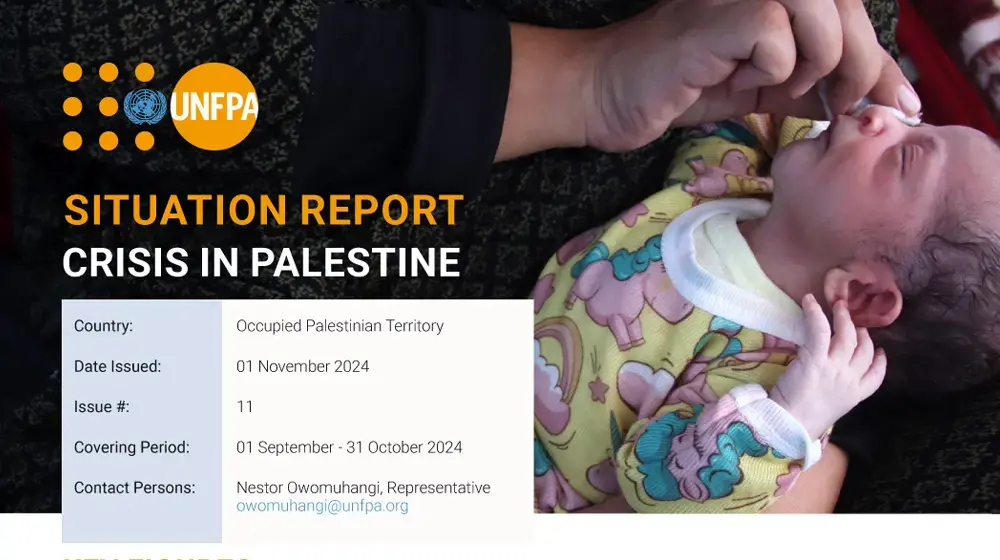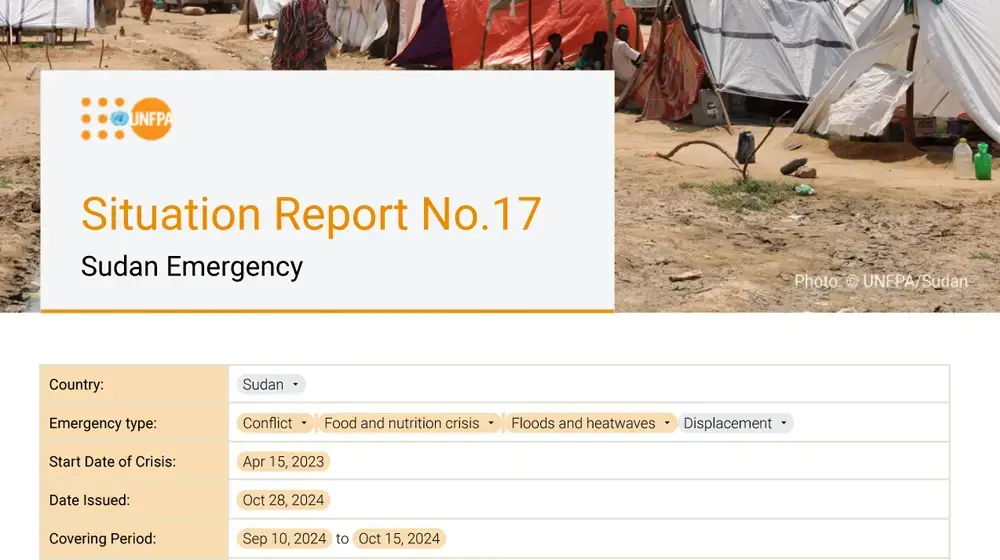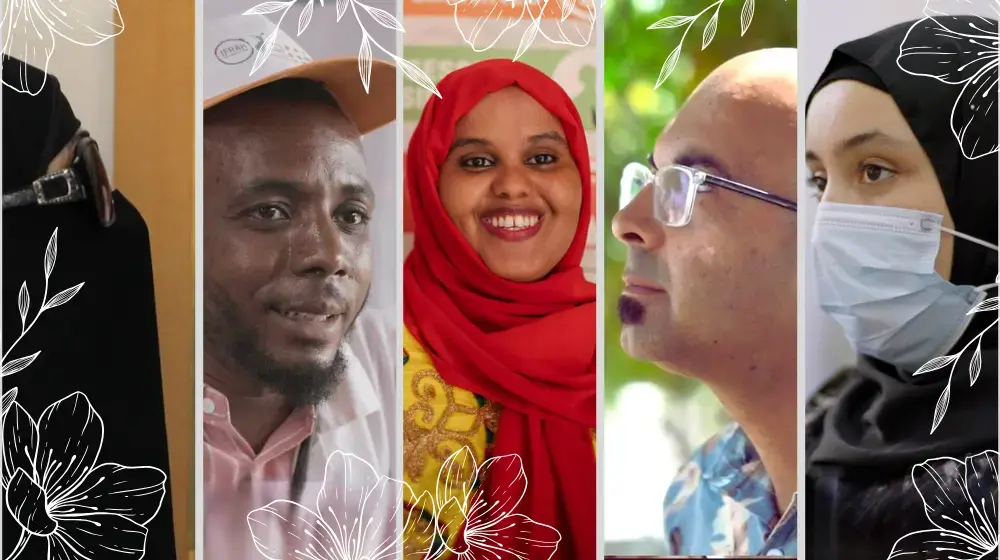Statement by UNFPA ASRO Regional Director, Dr. Luay Shabaneh
International Migration Day
18 December 2020
The Arab region has witnessed unprecedented levels of human mobility in recent years. It continues to be marked by complex migration patterns, with many Arab countries serving as countries of origin, transit and destination. In 2019, the numbers of international migrants in the region exceeded 40 million, about 33 percent of them are women, while more than 31 million people migrated, almost half of whom stayed within the region.
Migration offers a chance to encourage equitable, inclusive and sustainable development for the Arab region. In 2019, the Arab region received US$59.7 billion in remittances, almost twice as much as it received in official development assistance and twice the amount received in foreign direct investment.
For many, especially for youth, women and girls, migration can be a positive experience leading to enhanced livelihoods, autonomy and empowerment. However, migration can also put youth, women and girls in vulnerable situations where they face serious violations of their human rights.
Migrant women and girls often face multiple and intersecting forms of discrimination at all stages of their migration journey. Among issues of particular concern are the challenges migration poses on women and girls, including the provision of basic social and essential services, including reproductive health services. Also, they can face trafficking and smuggling, difficulties regarding legal identity and gender justice, gaps in protection of their human rights, challenges to many aspects of life due to climate change, and serious gaps in migration statistics.
This year, UNFPA marks International Migrants Day by calling on all stakeholders to fully implement the International Convention on the Protection of the Rights of All Migrant Workers and Members of Their Families, and to align efforts to the Global Compact for Safe, Orderly and Regular Migration.
Migration is a key pillar of the International Conference on Population and Development (ICPD) Programme of Action therefore UNFPA strives to achieve the migration-related commitments of the 2030 Agenda for Sustainable Development to leave no one behind, including migrants.
UNFPA in the Arab region works toward protecting migrants’ rights, including in humanitarian settings, by providing protection to youth, women and girls, ensuring universal access to reproductive health and family planning services, and securing dignity kits and counseling and psychosocial support for gender-based violence survivors. UNFPA continue advocating for and supporting countries to collect disaggregated data on migration status by age and sex, to better inform the needs of people on the move and truly ensure no one is left behind.
UNFPA Arab States Regional Office (ASRO) advocates for gender-responsive migration governance, which reflects the different realities of migrant women, girls, men and boys by promoting and protecting their human rights at all stages of migration. We work to ensure that policies, laws, programmes and services recognize and address the specific needs, challenges and situations of vulnerability of all migrants and we work with all interlocaters to promote gender equality and the empowerment of women and girls.
UNFPA is committed to addressing the drivers of migration, advocating for the empowerment of young people through education, economic opportunities and just employment in their home countries. We promote a welcoming approach towards migrants at the national and regional levels, mainstreaming the needs and specificities of people on the move in our interventions, addressing negative narratives, and bringing the stories of migrants to the forefront.
UNFPA calls on governments for specific migration policies, at the time that we are fully dedicated to provide advocacy and technical support to ensure that migration is recognized as an important factor in development and the rights of migrants, especially women and girls.





